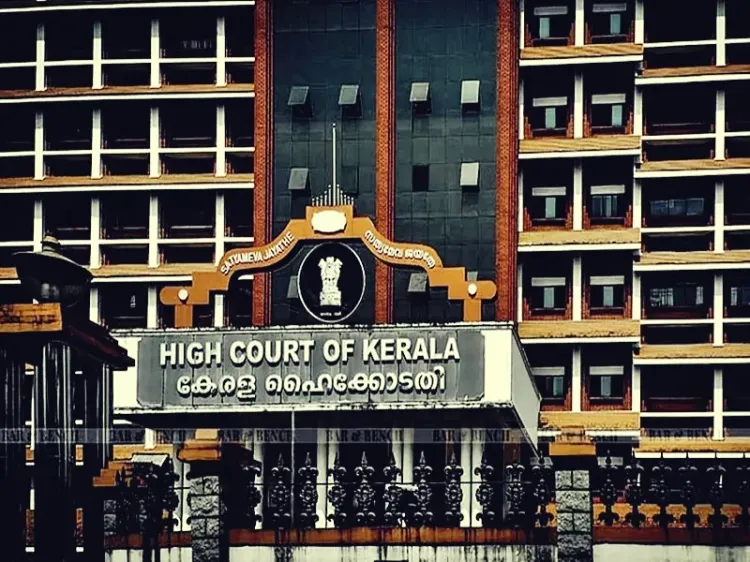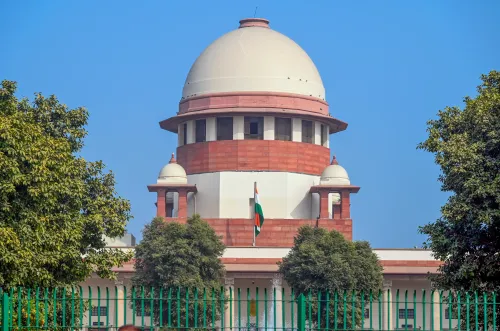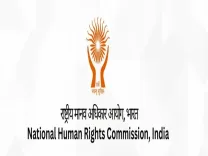Why Can't the Centre and NDMA Follow Kerala Bank's Example for Landslide Victims: HC Questions

Synopsis
Key Takeaways
- Kerala High Court questions the NDMA and Union government.
- Calls for loan waivers similar to Kerala Bank's actions.
- Disaster classified as 'severe' by the Union government.
- 12 banks hold 3,220 accounts in affected areas.
- Need for support to survivors without penal interest.
Kochi, April 10 (NationPress) A division bench of the Kerala High Court expressed strong criticism towards the Union government and the National Disaster Management Authority (NDMA) on Thursday, questioning why they cannot replicate the actions of the Kerala Bank, which waived off loans amounting to Rs 5 crore for the victims of the Wayanad landslide.
The bench was addressing a Public Interest Litigation (PIL) initiated by the Court in response to the devastating Wayanad landslides, which aimed at enhancing disaster management and prevention measures in Kerala.
These pointed comments arose as the bench reviewed the Centre's affidavit, which stated that under the RBI's Master Directions on Natural Calamities, the loans of the Wayanad landslide victims can only be restructured or rescheduled.
Justices A.K. Jayasankaran Nambiar and S. Easwaran highlighted that while the Reserve Bank of India does not have the authority to mandate banks to forgive loans for those affected by the disaster, the NDMA has the power under the Disaster Management Act to do so. The judges remarked, “Given that the natural disaster has been classified as 'severe' by the Union government, the NDMA has failed to even consider exercising its authority to instruct banks to waive or write off these loans. This reflects a complete abandonment of responsibility by the Union government and the NDMA.”
The Court noted that a total of 12 banks hold around 3,220 accounts in the disaster-affected area, with total exposure reaching Rs 35.30 crore.
The judges continued, “In light of the disaster's severity, one would expect the banks to follow Kerala Bank's lead and forgive the loans taken by residents of the affected regions. They should also support the survivors by providing fresh loans without imposing any penal interest for defaults.”
Furthermore, the Court urged the Centre to fulfill its role as the Chief Executive in a welfare state and assist the distressed citizens who have lost their livelihoods, especially as many banks are perceived to be adopting a ‘shylockian’ approach towards borrowers.
The calamity that struck on July 30 last year devastated four villages, injured hundreds, claimed over 200 lives, and left 32 individuals missing.
The bench also warned both national and state agencies to ensure the removal of debris and address concerns before the monsoon season, to prevent a recurrence of last year’s tragedy.










